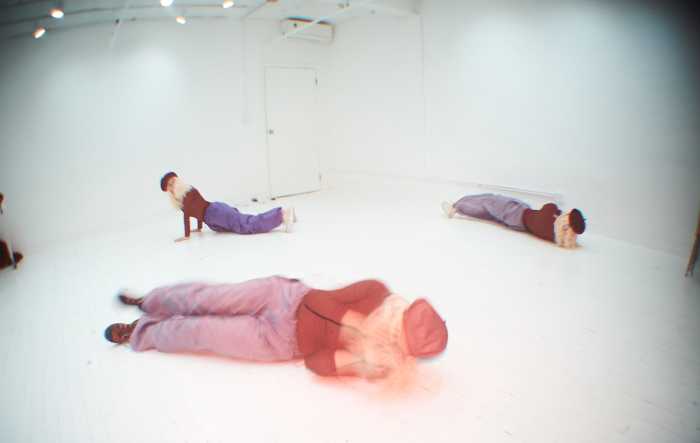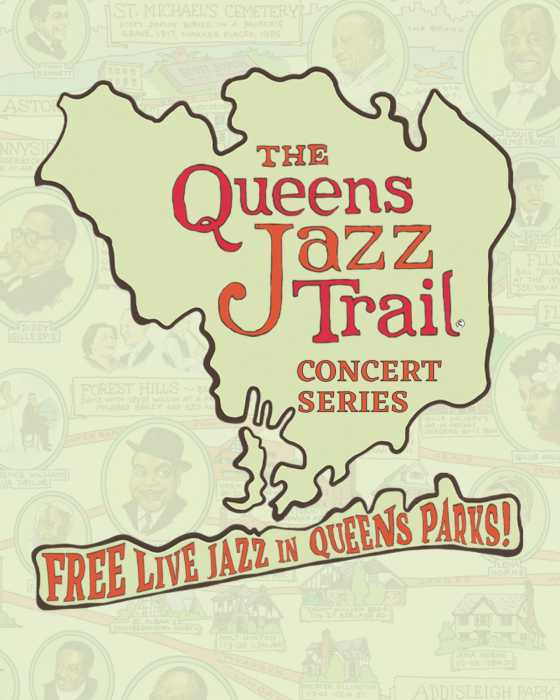Calling for reforms in the criminal justice system because it "often relies solely upon a single eyewitness," Queens Legal Aid Society Director, Seymour James, told The Queens Courier last week that "a number" of Queens County defendants have been imprisoned because of faulty identifications.
James said that Lee Anthony Long who was released from prison last week after a faulty identification landed him in state prison for six years, is not unique.
"There are a number of other people languishing in prison like Long," the head of the Legal Aid Bureau in Kew Gardens said.
James said that judges should instruct jurors to exercise caution in cases involving defendants identified by a single witness.
"Obviously," he said, "a corroborating witness would be preferable, but often none is available. Thats why the judge should warn jurors."
The head of the Queens public defenders unit said that three members of his staff worked on the Long case for a year and one half and finally succeeded in persuading Judge Joseph Golia and the District Attorneys office to conduct post-conviction hearings.
"There were four such hearings over a months period," he said.
He singled out Susan Epstein of the Legal Aid Societys Appeals Bureau in Manhattan in conducting the investigation that led to the hearings.
Epstein found that Long had a strong alibi. She learned he was with his girlfriend in Brooklyn at the time the rape occurred. She was also impressed that Long passed a polygraph test and had been telling the truth about the case to police investigators.
James said there were significant problems in Longs first trial. The fingerprints at the scene didnt match with Longs. The Legal Aid Society requested that the fingerprints be matched in a computer bank to find the guilty individual.
The cops re-checked the previous evidence and confirmed from Longs girlfriend that she was with him.
The rape victims testimony proved faulty. She said she felt the rapists boots against her and Long wore boots, but she acknowledged her face was covered.
James said the Long case was the first one since 1988 that post-conviction hearings were ordered by a State Supreme Court judge.
The DAs office cooperated with the lawyers and the court and did not contest the findings in the hearing before Judge Golia.
"If this was a capital case," James said, "Long might have been executed."
The director said that people want retribution, but he is adamantly opposed to capital punishment.
He noted that Frank OConnor, the lawyer in a similar case replicated in the Hitchcock film, "The Wrong Man," told Queens judges when he was chief judge, to be wary of identifications made by a single witness.
Meanwhile, it was learned by The Queens Courier that Long is considering filing a law suit against the city for his wrongful prosecution and imprisonment.
James added "we are caught up in a system, one that can be frustrating. We keep building prisons to hold drug offenders who need treatment."
The chief legal aid attorney said that he was "ecstatic" when the judge released Long. "I could see Longs sigh of relief," he said.































